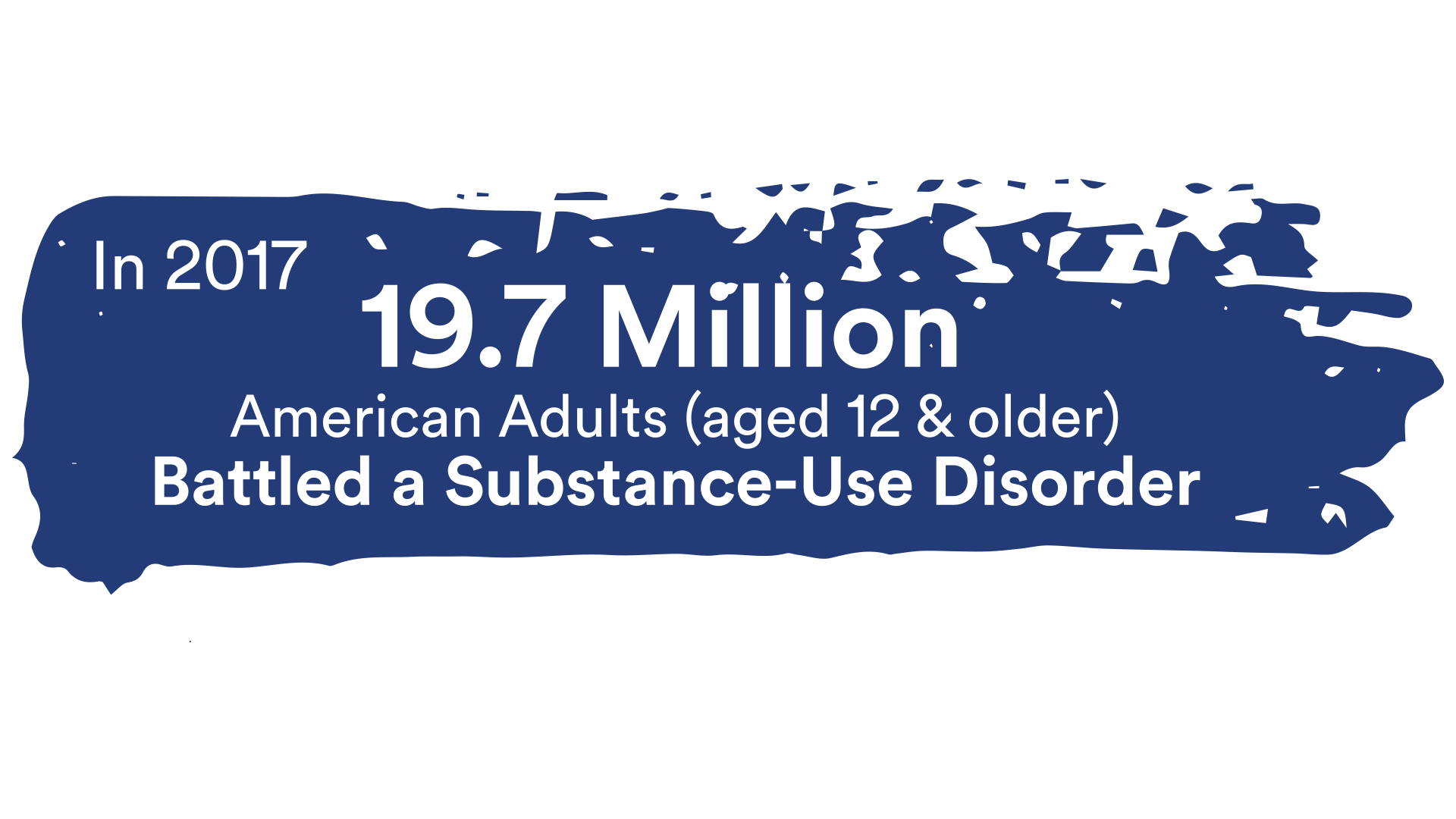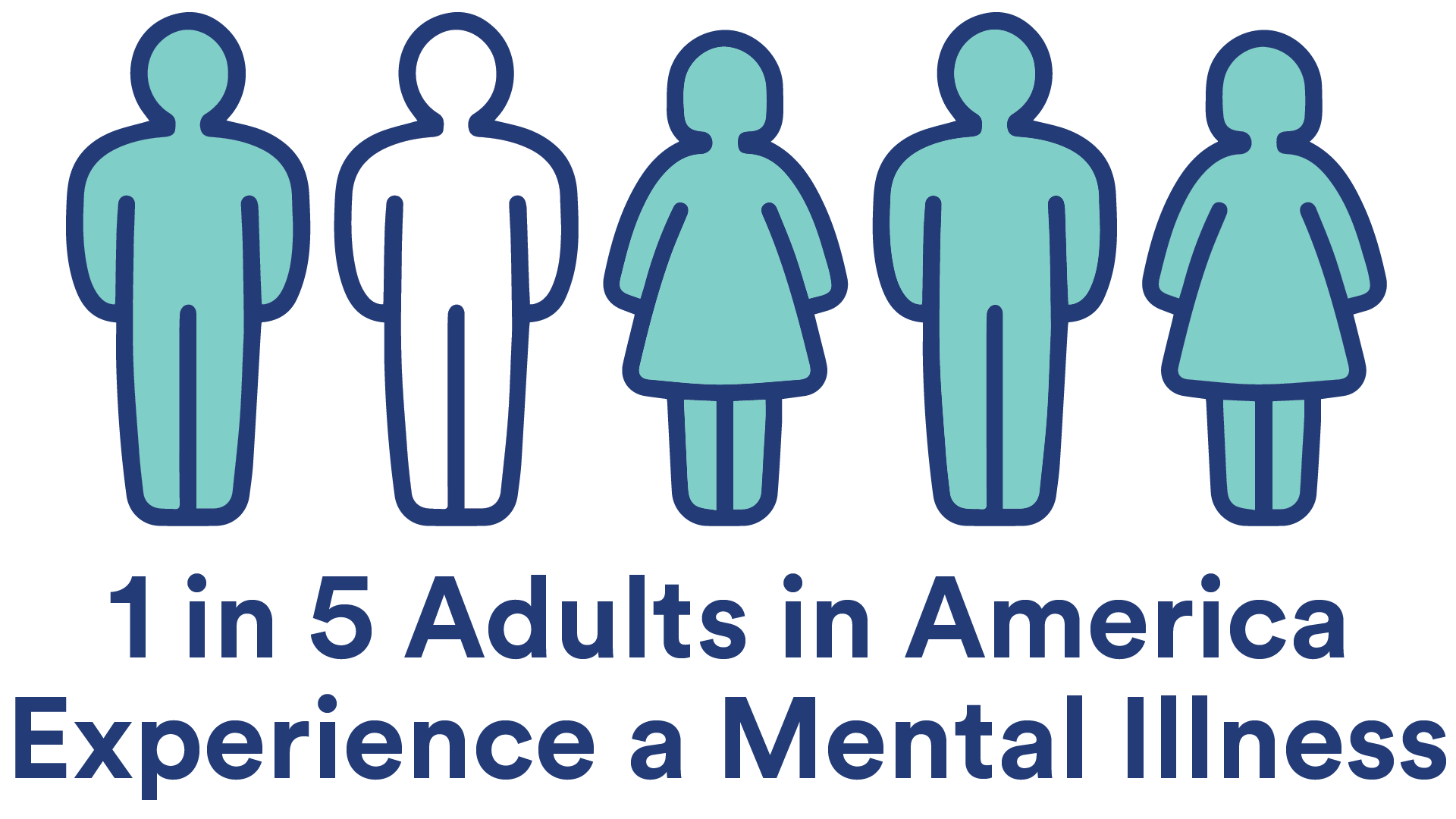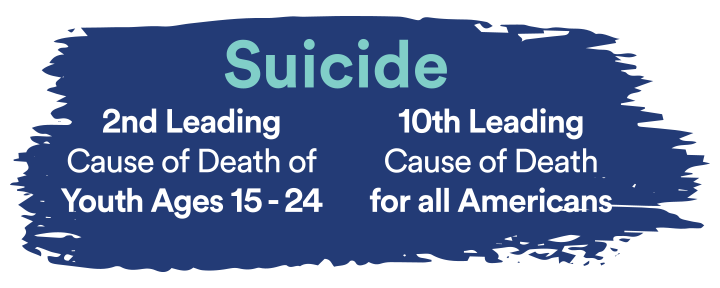
When people with mental health and substance-use disorders encounter a person who stigmatizes them – uses language or behaves in a way that is critical, diminishing or dismissive about their illness – they feel shame. That feeling is a barrier to opening up about their condition and seeking support and treatment.
Sadly, many people choose to engage in destructive stigmatizing behavior on purpose. Often, however, people say and do things that they don’t realize are causing harm, bringing shame and demoralizing feelings to those around them, including people they care about. People living with mental illness often say the stigma and discrimination associated with their illness can be worse than the mental illness itself. Stigma leaves a mark that wounds even if it can’t be seen.
The bottom line? Stigma never helps. Words matter, and what we say and do can stop people in need from seeking help. Now’s your chance to change lives for the better.
Did You Know?
Millions of people are living with mental health illness and substance-use disorders – which means the chances are pretty good that you will come into contact with one or more of those people and not even realize it. Your words and actions could be having a negative, harmful effect. Sources.







Stigma Stories
Men and women in recovery share their deeply personal stories of how stigma affected their lives.
Find Stigma Never Helps resources to share.
Interested in joining the anti-stigma campaign?
Attend an upcoming Indiana Recovery Council event.
